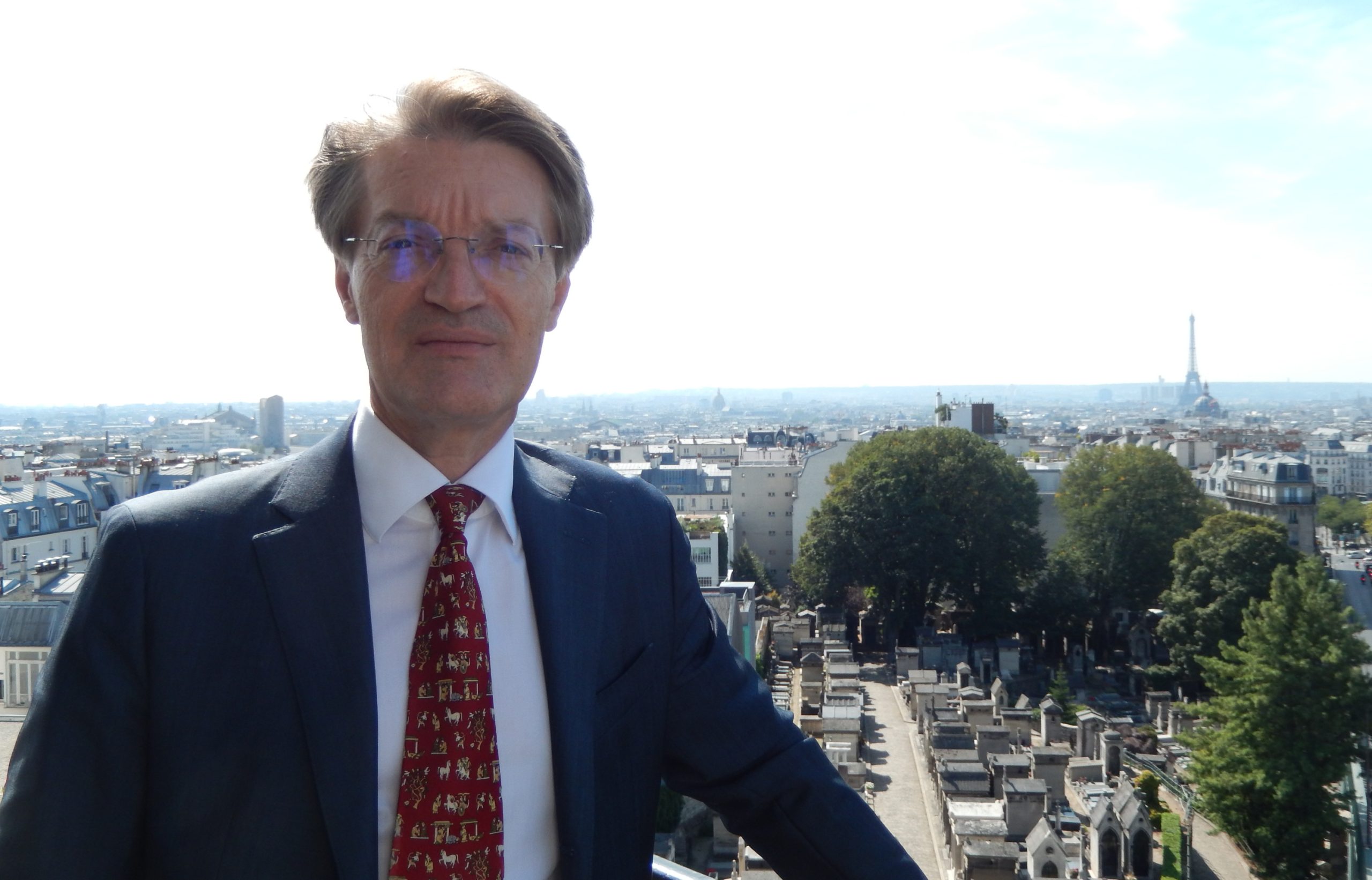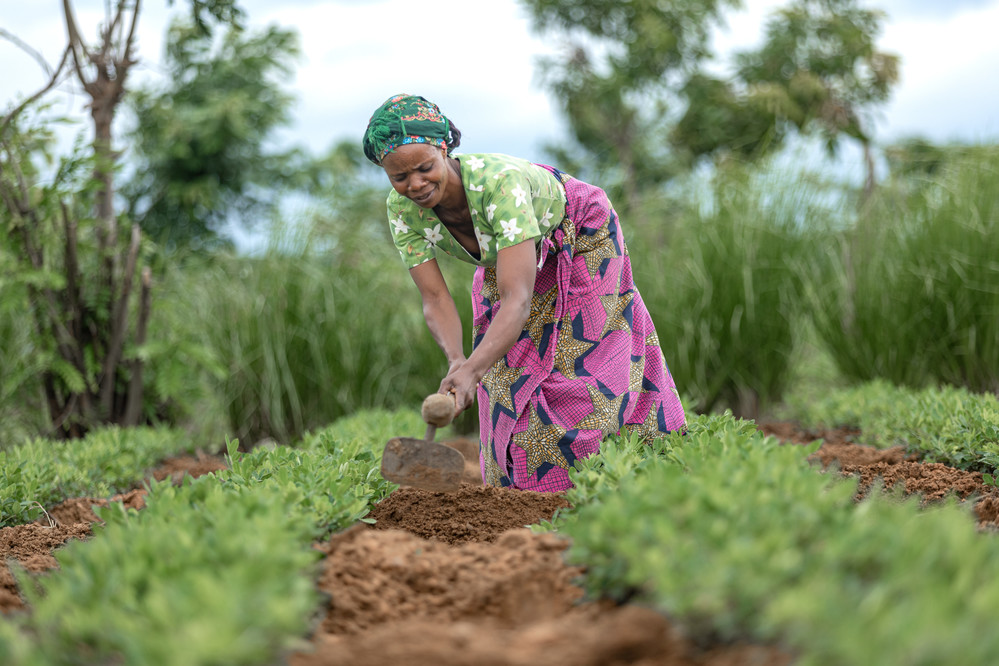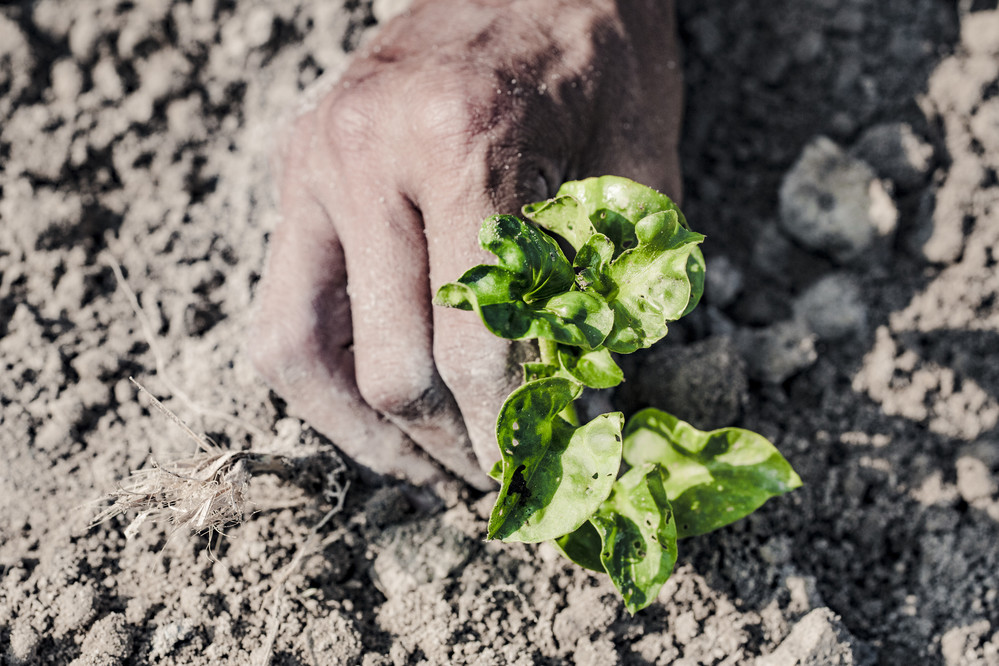Bruno Vindel, Task Team Leader of the Financial Systems Division of the Agence Française de Développement talks about the organization's work in sustainable financing of family farms, producer organizations, cooperatives and SMEs in rural areas.

Bruno Vindel, Task Team Leader at the Financial Systems Division of AFD
What is AFD and what does it do in the domain of agricultural and rural finance?
The AFD group (comprising Agence Française de Développement itself, PROPARCO and Expertise France) is France’s bilateral development policy platform. With 2650 staff, 85 local offices in 17 regional divisions, the group intervenes in 115 countries. Its financial commitment in 2018 has been worth 11.4 bn Euros, in loans, grants, guarantees and equity. Fight against climate change is a major driver of our actions, and all project fundings must be 100 % Paris Agreement compliant.
The AFD Group has a recognized experience in agricultural and rural finance, particularly in the smallholder and rural SME sectors. It is one of the few donors to support, in conjunction with public policies of the States, the development of the financial institutions on this financing of the rural world. Over the last ten years, AFD has financed 52 programs run by some 50 financial institutions in more than 20 countries in the form of agricultural and rural lines of credit, and technical assistance grants.
With this expertise, the AFD Group has developed an approach dedicated to the sustainable financing of family farms, producer organizations, cooperatives and even small and medium-sized businesses in rural areas, called AGREENFI.
AGREENFI aims to encourage local financial institutions (public and private banks, non-bank financial institutions, microfinance institutions, leasing institutions, and others) to mobilize for the development of a productive and sustainable agriculture, the reduction of territorial inequalities and shared and sustainable growth, as well as transforming their practices to promote a more sustainable development model.
The approach consists of support adapted to the specificities of each country and partner, including 4 potential components:
-
financing of credit lines, generally at soft conditions;
-
capacity building of partner financial institutions, but also, where appropriate, final beneficiaries (rural farmers and SMEs) to facilitate the meeting of supply and demand for agricultural and rural finance;
-
risk sharing if appropriate;
-
possible investment grants for the promotion of innovative projects.
What is your own role in AFD, and how did you come to it?
I am at present Task Team Leader at the “Financial Systems Division” of AFD, in charge of several loans and technical assistance projects, and coordinator of the AGREENFI program, a task shared with my colleague Claude TORRE from the “Agriculture Rural and Biodiversity Division”.My background is on agricultural policies (in Europe and Africa), rural development projects (worldwide) and macro-economy (mainly in Asia). The good thing with AFD is that one can acquire expertise and diversify one’s professional experience.
In your experience, are international development agencies and development finance institutions changing the ways in which they work in agricultural and rural finance? If so, what are the main elements of novelty and the main challenges that you see?
I am unfortunately not aware all the practices of all agencies and development finance institutions. What I see, is that projects nowadays try to adapt to the specificities of each country and partner, which is a good thing. Moreover, rural and agriculture credit-lines are implemented together with technical assistance components encompassing the reinforcement of staff skills, the optimization of the organization of information systems, the adaptation of procedures and the implementation of the beneficiary finance institution. The aim is to accompany the transformation of the partner financial institution.
Now, efforts certainly need to be strengthened regarding the environment and climate dimension (adaptation of agricultural practices) of the finance projects, which adds to the complexity. In any case, one has to remain modest when implementing a rural and agriculture finance project, as financing is only an element (albeit a key element) of the comprehensive ecosystem of rural development.
We believe SAFIN has the potential to help its partners to do better and do more.
Why did AFD join SAFIN?
Like for every network, we appreciated the aspects of communicating on experiences and good practices and coordinating knowledge activities in particular in innovations (the example of blended finance). In a nutshell, collaborate for better impact. When Bettina came to Paris and presented SAFIN to us, she was very convincing of course, but we already felt that “something” needed to be done in the landscape of rural development financing, in the broader framework of the MDGs. We believe SAFIN has the potential of helping its partners to do better and do more.
How is AFD contributing to SAFIN?
For the time being, I confess we could contribute more in terms of ideas and experience sharing. Our participation in the 2018 SAFIN plenary meeting (in Rom) was a very good step for us, and I hope for other participants. Moreover, we are in the process of contributing financially to SAFIN budget, with a 3-year grant at present under appraisal.

